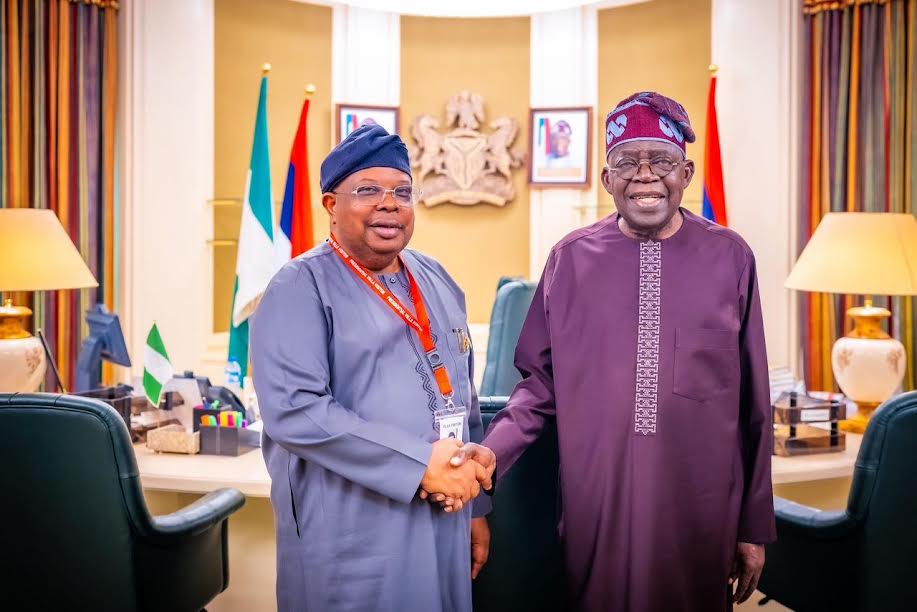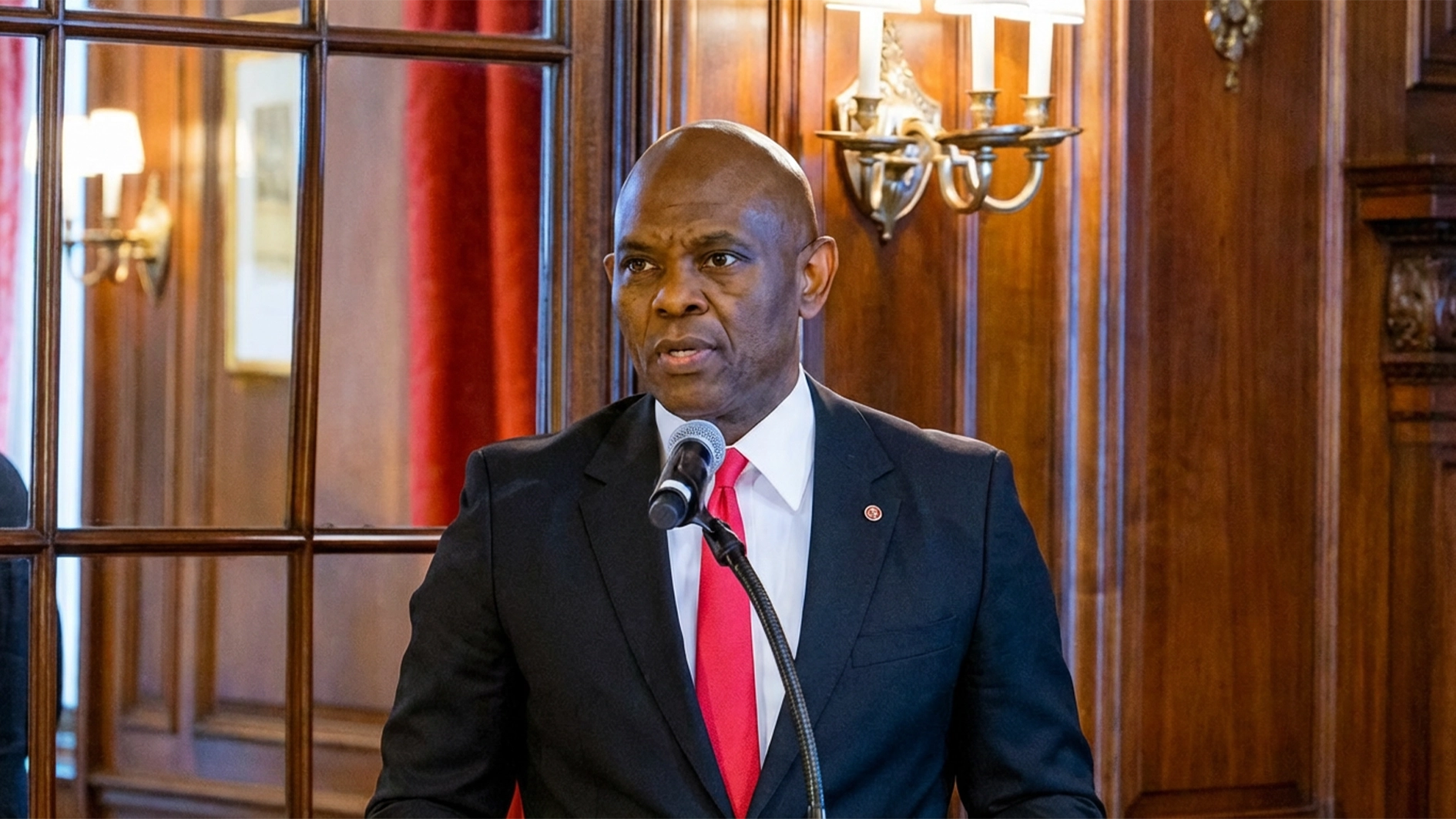The latest capital importation data released by the National Bureau of Statistics (NBS) has revealed a substantial drop in foreign investment flow into Nigeria’s telecoms sector.
Precisely, the telephony industry recorded $80.78 million in foreign direct investment in Q1, 2025, which showed a 58 per cent year-on-year decline. The NBS data showed that the sector attracted $191.57 million in foreign investments in Q1, 2024.
Further analysis of the report showed that on a quarter-on-quarter basis, the Q1 capital importation for the telecom sector also declined by 41 per cent, compared to $136.86 million recorded in Q4 of last year.
Many factors can be linked to these investments’ drop, including insecurity, vandalism, multiple taxation, high right-of-way (RoW) levies, and a struggling and unstable economy.
According to the Association of Licensed Telecommunications Companies of Nigeria, the issue of multiple taxation and the high cost of RoW are still major problems that need to be addressed to encourage more investments in the telecom sector.
“We may not see a steady growth in investments until the industry challenges are addressed. Issues of Right of Way charges are still there, likewise multiple taxation,” ALTON said in a recent statement.
During an interaction with journalists on Tuesday, the Chief Executive Officer of Airtel Nigeria, Danish Balsingh, stressed that ROW charges have impeded the rapid expansion of fibre optic cables in the country.
He pointed out that about 12 or 13 states have either completely waived off Row charges or charge very low costs in the country.
Balsingh said vandalism has become a major challenge in the telecom sector, saying it could hinder further investment in the industry.
The Airtel Nigeria CEO, who said the firm has laid over 3000km of fibre, however, disclosed that the Nigerian Communications Commission (NCC) has mandated all operators in the country to provide it with fibre roll out plans to intimate states, construction firms among others where operators’ fibres are laid deep in the ground to avoid unnecessary cuts and damages.
It should be noted that total capital importation into Nigeria’s economy rose to $5.6 billion in the first quarter of 2025, representing a 67.12 per cent increase compared to $3.4 billion recorded in the same period of 2024.
Meanwhile, data usage in the country leapt slightly in June without a commensurate number of users. In essence, Internet users dropped off both narrowband and Broadband platforms.
Data from the Nigerian Communications Commission (NCC) showed that while in May, data consumption stood at 1,043,431.98 Terabytes, it increased to 1,044,073.08 terabytes in June.
Surprisingly, Internet subscribers on the narrowband (GSM, Fixed Wired, ISP, Wired/Wireless, and VoIP), which stood at 141.5 million, dropped to 141.1 million within one month, showing a drop in growth. Same for broadband, albeit slightly. The data showed that in May, broadband users were 105.8 million and 48.81 per cent, but by June, it dropped to 105.7 million and 48.7 per cent.
The broadband drop showed that Nigeria is still far away from the 70 per cent target to be attained by the end of 2025 as per the National Broadband Plan 2020 to 2025 schedule. The country is still 21.3 per cent behind with five months left.
Operators’ data showed that with the drop in Internet users, which has been consistent since the January 20, 2025, approval of a 50 per cent tariff hike, it has become extremely difficult for telcos to retain subscribers on their network. MTN Nigeria remained dominant with 76.5 million Internet subscribers as of June 2025, trailed by Airtel (49.4 million), Globacom (13.7 million) and 9mobile (1.08 million).
When the NCC approved a 50 per cent tariff hike in January 2025, the cost of 1GB of data jumped from N287.50 to N431.25, with higher-volume bundles witnessing further increases.
A telecom analyst, Kehinde Aluko, blamed the drop on the 50 per cent tariff hike, which, according to him, services rendered have not been commensurate with the expected outcome.






